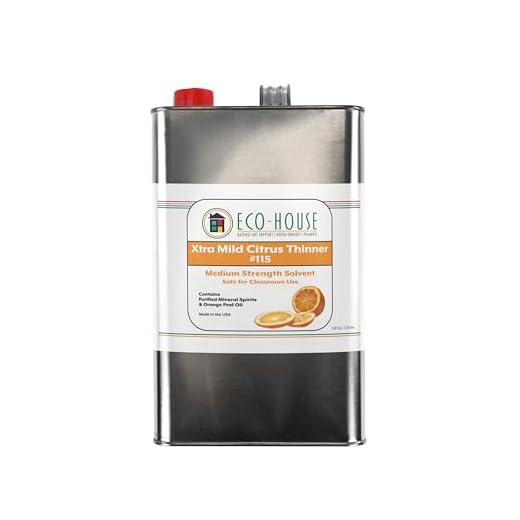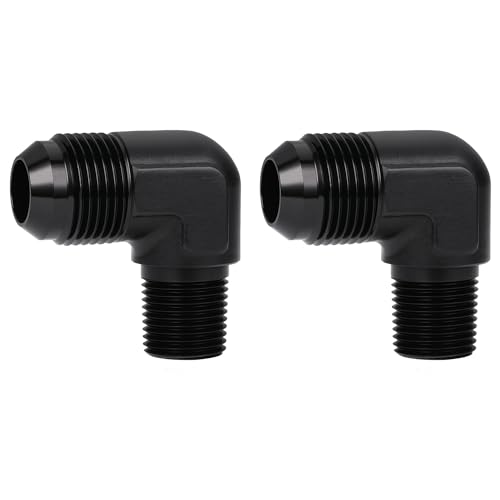

Homemade vinegar solutions stand out as a prime alternative. Combining equal parts of white vinegar and water delivers a non-toxic, effective cleaner for various surfaces. The acidity in vinegar helps dissolve dirt and grime without harsh chemicals, making it suitable for outdoor furniture and driveways.
Another excellent option involves baking soda. Mixing baking soda with water creates a paste that efficiently combats stubborn stains. It’s particularly useful for cleaning grills or patio surfaces, providing gentle abrasion without damaging materials.
For those looking for an eco-friendly method, biodegradable soap mixed with warm water presents a practical solution. This mixture works wonders on vehicles and outdoor gear, ensuring a thorough clean while remaining gentle on the environment. Always remember to rinse thoroughly to prevent soap residue.
If stubborn mould or mildew is an issue, consider using hydrogen peroxide. This powerful agent can be directly applied to affected areas for effective removal. Allow it to sit briefly before rinsing to maximise its cleaning potential.
For specialized tasks, citrus-based cleaners offer a refreshing and potent choice. Their natural oils break down grease effectively and leave surfaces smelling fresh. A mixture of citrus peels and vinegar can create an effective cleaner that works well for patios and driveways.
Alternatives for Cleaning Agents
White vinegar effectively removes dirt and grime. Its acidity breaks down tough stains, making it an excellent option for various surfaces. Combine vinegar with water in a 1:1 ratio for optimal results.
Baking soda is another powerful cleaner. Make a paste by mixing it with water; this works well on stubborn stains. Scrubbing the paste onto the surface and rinsing thoroughly enhances cleaning efficiency.
Castile Soap Option
Castile soap, a plant-based cleanser, is gentle yet effective. Dilute it with water–about two tablespoons per gallon–and apply it to surfaces before rinsing with a high-pressure stream. This solution is safe for many materials and biodegradable.
Liquid Dish Soap Method
A few drops of liquid dish soap mixed with water can tackle lighter stains. Ensure thorough rinsing after application to avoid residue, which might attract dirt.
Always test any homemade cleaning solution on a small, inconspicuous area first to avoid damage. Tailor the mixture based on the tasks at hand to achieve the best outcomes.
Using Vinegar for Cleaning
White vinegar offers an affordable and eco-friendly alternative for outdoor cleaning tasks. Its acidic nature makes it effective in breaking down grime, grease, and mineral deposits. To incorporate vinegar into your cleaning routine, mix equal parts vinegar and water in a spray bottle for light to moderate dirt.
Application Tips
For tougher stains, direct application of undiluted vinegar may prove beneficial. Let it sit for 10-15 minutes before scrubbing, allowing the acid to penetrate and loosen dirt. Always test on a small area first to ensure no adverse reaction occurs with the surface you are cleaning.
Areas of Use
| Surface Type | Recommended Use |
|---|---|
| Concrete | Remove rust stains and mineral deposits. |
| Vinyl Siding | Clean away algae and mildew effectively. |
| Patios | Lift grime without harsh chemicals. |
| Decks | Restore wood surfaces from grime. |
For persistent stains, combining vinegar with baking soda can create a powerful cleaning paste. Apply this mixture, let it fizz, then scrub and rinse off for best results. This method not only cleans efficiently but also avoids damaging delicate surfaces commonly found in outdoor settings.
Benefits of Baking Soda as a Detergent Alternative
Baking soda stands out as an incredible option for cleaning tasks. Its natural abrasiveness and mild alkaline properties enable the removal of grime and stains effectively. I often recommend this pantry staple for various surfaces, particularly for outdoor settings and vehicles.
This compound excels at neutralising odours, making it suitable for areas that might harbour unpleasant smells. By sprinkling it on surfaces or mixing it with water to create a paste, tough stains lift effortlessly without damaging surfaces. The result is a cleaner environment with minimal risk of harsh chemical exposure.
Another advantage is its versatility. Whether tackling grease on garage floors or general dirt on patio furniture, baking soda adapts seamlessly. Adding vinegar creates a fizzing reaction that enhances its cleaning capabilities, especially for clogged drains or tough mildew.
Baking soda is also eco-friendly, a significant benefit for those conscious of their environmental footprint. Unlike commercial cleaning agents, it poses minimal risk to water systems and wildlife, making it an optimal choice for garden cleaning tasks.
Finally, affordability cannot be overlooked. This economical solution offers remarkable cleaning properties at a fraction of the cost of traditional detergents. Having experimented with various products, I often return to baking soda for its combination of efficacy, safety, and value.
How to Create a DIY Soap Solution
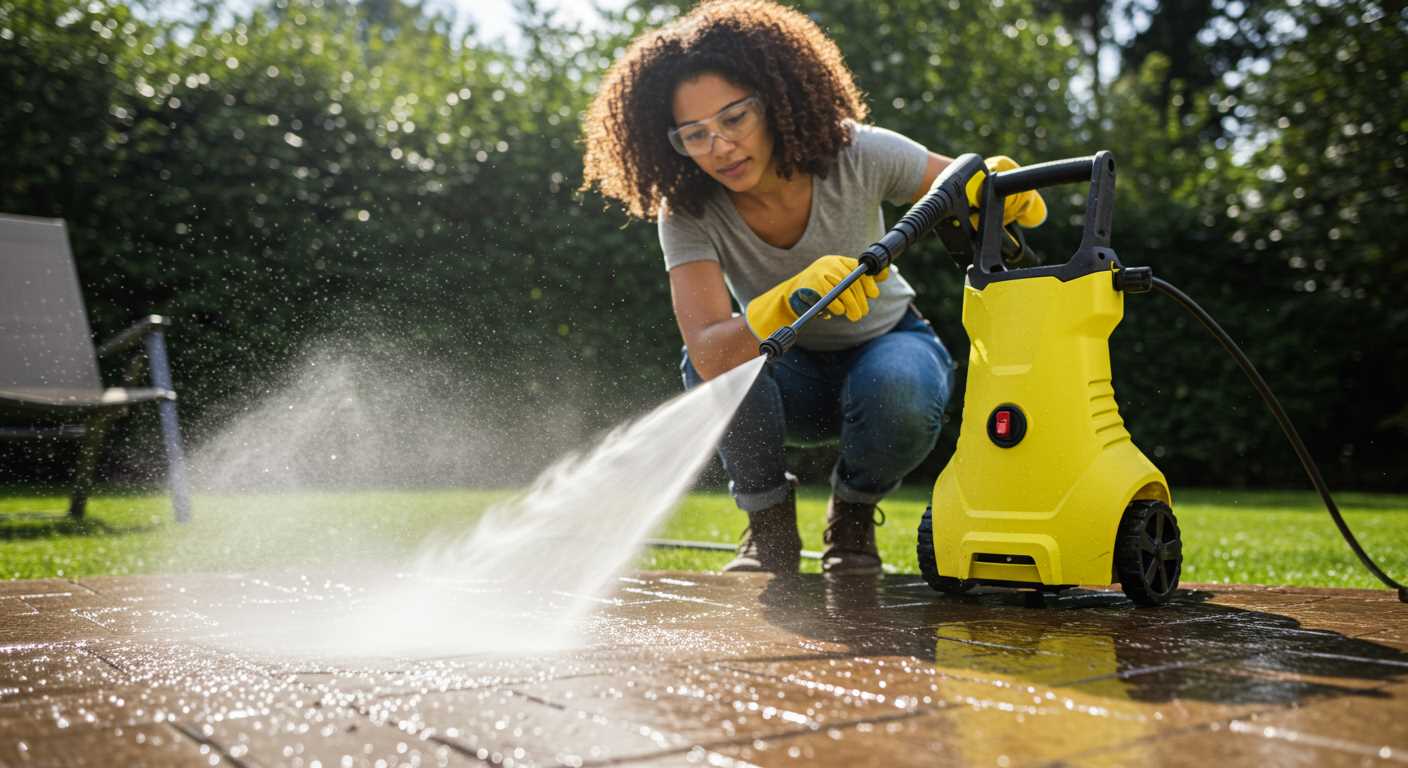
Combine water with dish soap for an effective cleaning solution. Mix approximately 1 cup of dish soap with 5 gallons of water. This mixture works well for various surfaces, including driveways and patios.
Alternative Ingredients for Enhanced Cleaning
Incorporate the following ingredients for added cleaning power:
- White Vinegar: Add 1 cup to the mix for better grease-cutting capabilities.
- Baking Soda: Stir in ½ cup to neutralise odours and tackle tough stains.
- Castile Soap: Substitute dish soap with an equal amount for a biodegradable option.
Application Tips
Use the DIY soap solution in a bucket or a pump sprayer. Apply generously on the surface, allowing time for the mixture to penetrate dirt and grime. Follow up by rinsing with water for optimal results.
For stubborn areas, scrub with a brush before rinsing. This method ensures thorough cleaning without harsh chemicals.
What Essential Oils Can Enhance Cleaning Power
Incorporating selected oils into a cleaning regimen can significantly uplift the results. Oils such as tea tree, lemon, and lavender have proven antimicrobial and deodorizing properties, making them excellent choices for enhancing the cleaning process.
Tea Tree Oil
Tea tree oil is renowned for its natural antibacterial qualities. A few drops mixed with water can create a powerful solution that eliminates germs and imparts a fresh aroma.
Lemon Oil
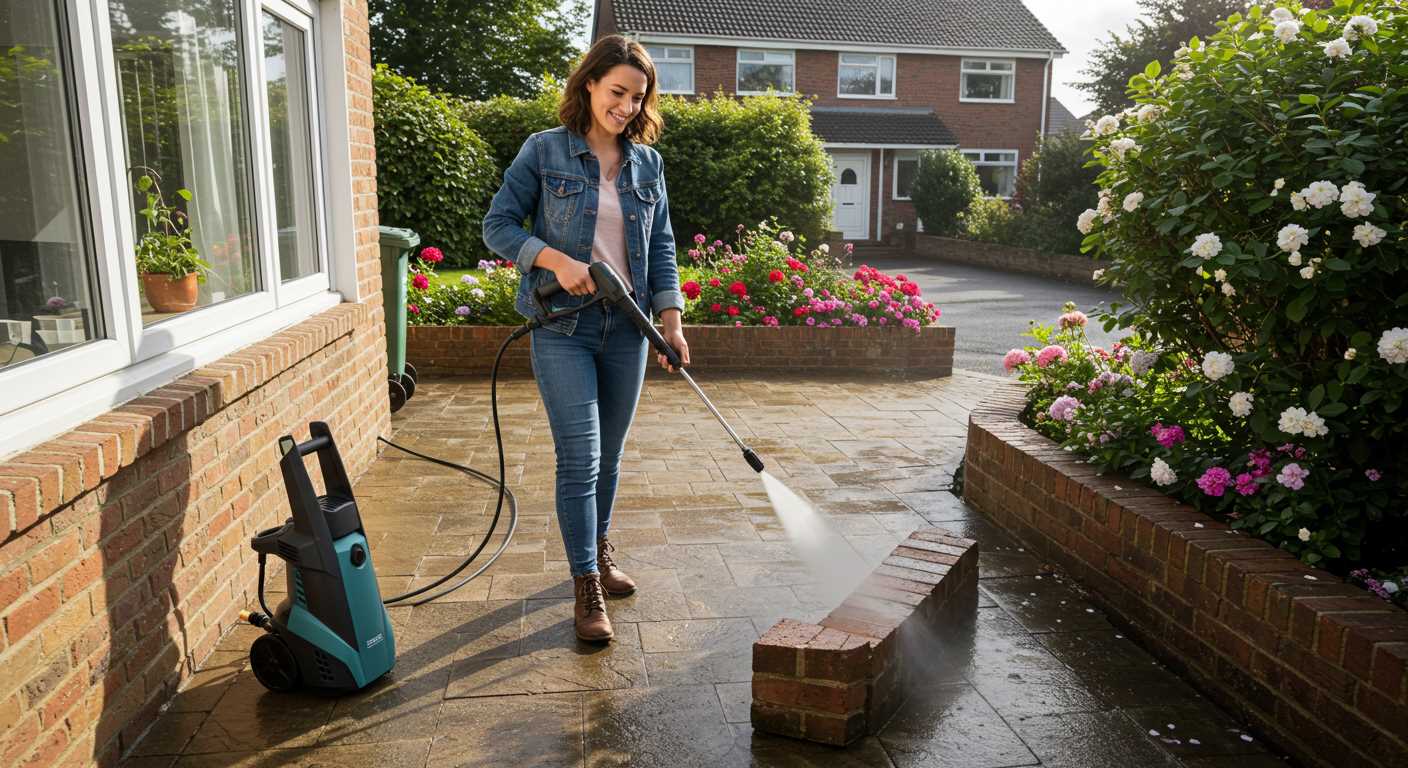
Lemon oil excels in cutting through grime and grease. Its natural acidity helps to break down tough stains, while also leaving a pleasant citrus scent behind. Combine it with vinegar for an intensified effect.
For an uplifting touch, consider adding lavender oil to your cleaning solution. Besides its calming fragrance, lavender oil possesses antiseptic properties, supporting a cleaner environment.
To create your own cleaning blend, dilute about 10-15 drops of your chosen oil in a spray bottle filled with water. Shake well before application for optimal results. These oils not only enhance cleaning capabilities but also provide a fresh and inviting atmosphere in your space.
Understanding the Use of Salt in Pressure Washing
For light cleaning tasks, especially in removing mineral deposits and grime, salt serves as an excellent alternative. It works as a natural abrasive and can effectively lift stains from various surfaces. A simple mix of common table salt with water can create a potent cleaning solution when applied through a sprayer or directly on the surface.
Application Techniques
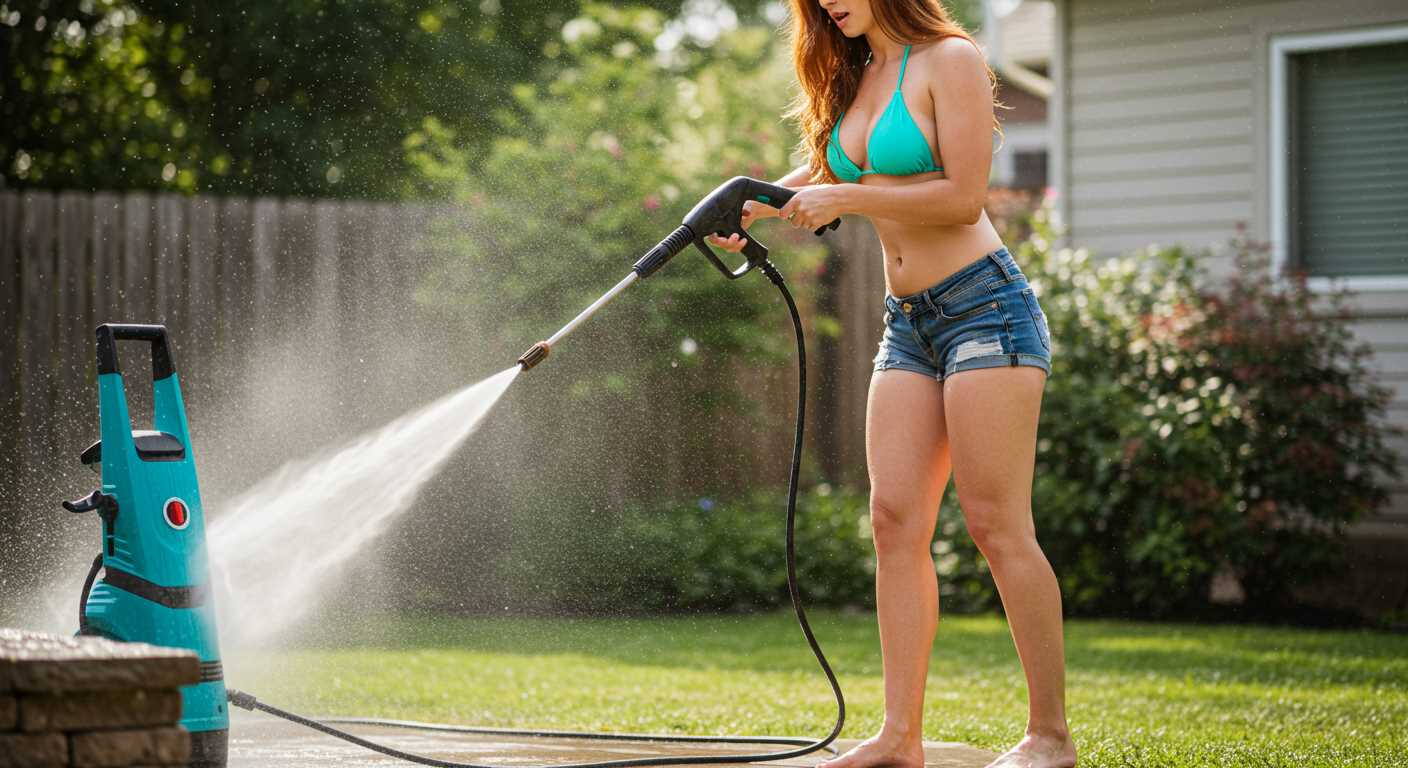
Dissolve around half a cup of salt in a gallon of hot water to enhance its efficacy. Apply the solution to the stained area, allowing it to saturate for several minutes before scrubbing gently. Rinsing with clean water will restore the surface’s appearance. This method is particularly suitable for outdoor furniture, driveways, and patios.
Considerations
While salt is beneficial for cleaning, it can corrode certain materials over time. Test on a small area first, especially for metal and stone surfaces. Always follow up with thorough rinsing to reduce any potential adverse effects on materials.
When to Consider Bio-Based Cleaning Products
Opt for bio-based cleaning solutions particularly when working in sensitive environments such as homes with pets, children, or individuals with allergies. These products, derived from renewable resources, offer a non-toxic alternative that minimises environmental impact.
Assess the surfaces being treated. For wooden decks or painted surfaces, bio-based options reduce the risk of damage and fading. They provide a gentler approach that respects the integrity of delicate materials.
During seasonal cleaning tasks, especially in spring or autumn, consider these alternatives to limit exposure to harsh chemicals. They effectively tackle common grime without the associated risks of skin irritation or respiratory issues.
Moreover, when dealing with organic stains like grease or food residues, many bio-based cleaners include enzymes specifically designed for effective breakdown without harming the environment. These enzymes enhance cleaning performance while being safe for use in residential areas.
In situations where local regulations encourage eco-friendliness, opting for bio-based products aligns with compliance. This choice reflects a commitment to sustainability, which resonates well with modern consumers prioritising ecological responsibility.
Evaluate the cost-effectiveness; while some bio-based formulations may appear pricier upfront, their concentrated nature often leads to longer-lasting results and less product usage over time.
As a final note, thorough testing of bio-based products is advisable to ensure compatibility with specific cleaning tasks. Each product has unique properties that influence cleaning efficacy and surface safety.
Safety Tips for Using Homemade Cleaning Solutions
Utilising homemade mixtures requires caution to prevent accidents. Always wear protective gear such as gloves, goggles, and masks to shield your skin, eyes, and respiratory system from potential irritation or reactions.
Mixing and Handling
- Combine ingredients in a well-ventilated area to limit exposure to fumes.
- Use appropriate containers made of safe materials; avoid metal if using vinegar or acidic substances.
- Follow exact ratios to maintain effectiveness without increasing risks associated with stronger mixtures.
Storage and Disposal
- Store any leftover solutions in clearly labelled containers, away from children and pets.
- Dispose of unused mixtures responsibly, according to local guidelines, especially those that may contain harmful substances.
Regularly inspect your equipment for leaks and damages to enhance safety during the cleaning process. Assess the surface being treated to ensure compatibility with your chosen mixture to avoid unwanted reactions.


